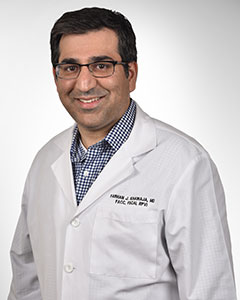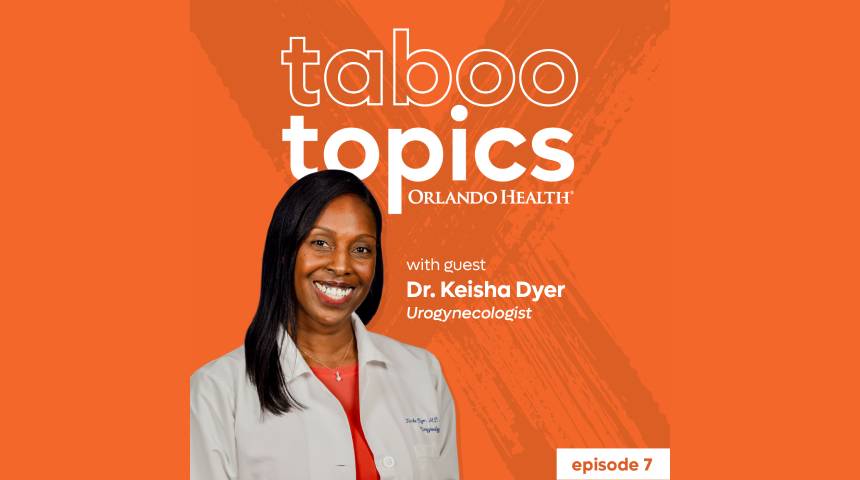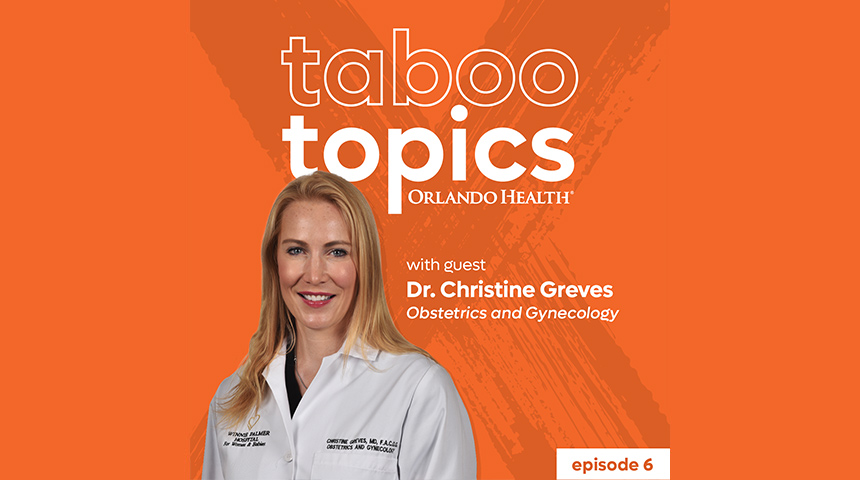Taking Low-Dose Aspirin To Prevent Heart Disease? New Recommendations Under Review
When should you start – or stop – taking low-dose aspirin to prevent heart disease and stroke?
The U.S. Preventive Services Task Force has released new recommendations, which are still under review and are not final, that suggest a change from previous guidance in 2016.
Understanding the new recommendations by the task force is important, but you shouldn’t make any changes before consulting your doctor.
Ages 40 to 59: Talk To Your Doctor
If you are between 40 and 59 and are at higher risk of developing cardiovascular disease but have no history of heart disease or stroke, the task force now recommends having a conversation with your healthcare provider about whether you should start taking aspirin. In other words, the recommendation depends on your unique situation.
Factors that may make a difference include:
-
Family history of heart disease
-
Previous heart attack
-
Previous stroke
-
Previous heart surgery
-
Stent in the heart or leg
How is this different from the guidance issued in 2016? This is the first time the task force found that adults in their 40s without bleeding risks may benefit from taking aspirin preventatively. And it’s an adjustment of previous guidance for adults in their 50s, based on new findings that the benefit of taking aspirin is less clear for that age group.
Ages 60+: Don’t Start an Aspirin Regimen
The task force now recommends that people over 60 not take aspirin to prevent cardiovascular disease. They are making this recommendation because of new evidence that the risk of bleeding — specifically in the brain, intestinal tract and stomach — caused by aspirin cancels out any potential benefit.
As we age, bleeding becomes more of a concern, but other mitigating factors that your doctor will take into consideration are:
-
History of ulcers
-
Use of blood thinners
This recommendation is a reversal of the one issued by the task force in 2016, which said that daily aspirin might be beneficial for some people aged 60 and older.
What If I’m Already Taking Aspirin?
People who are already taking aspirin for a previous heart attack or stroke should continue to do so unless otherwise directed by a healthcare provider, according to the task force. The new recommendations only apply to people who are not currently taking aspirin.
If you’re already taking aspirin, it’s crucial that you consult with your healthcare provider before deciding to stop. There may be a good reason why your provider wants you taking aspirin and stopping could be dangerous and could increase your risk of a cardiac event.
Confused By the New Guidance? Talk to Your Doctor
Not sure if these new guidelines pertain to you? People between 40 and 59 who are at higher risk of cardiovascular disease may want to talk to a healthcare provider about whether taking aspirin preventively is right for them.
Some of the conditions that increase risk of cardiovascular disease are:
● High blood pressure
● Unhealthy cholesterol levels
● Obesity
● Diabetes
Certain behaviors, like smoking and not getting enough exercise, can also increase your risk of cardiovascular disease, as can a family history of heart disease or stroke.
No matter what your age or level of risk, don’t hesitate to ask your provider for help if you’re confused by the new aspirin recommendations. It’s important for you and your doctor to discuss your medical history and other considerations to determine what’s right for you.
Protect Your Heart
Ninety percent of heart disease prevention happens through healthy eating habits, exercising, not smoking, maintaining a normal body weight and controlling your blood pressure. Practicing all these things will go a long way in protecting your heart.
Choose to Stay in Touch
Sign up to receive the latest health news and trends, wellness & prevention tips, and much more from Orlando Health.
Sign Up










